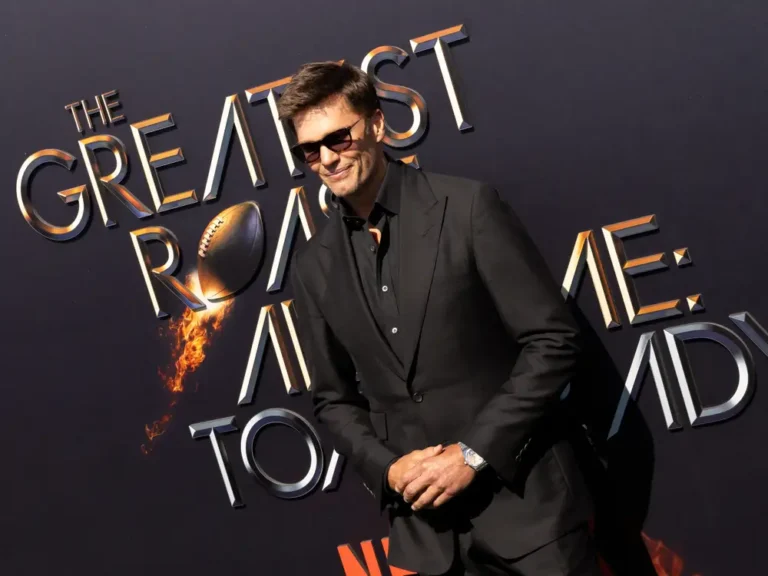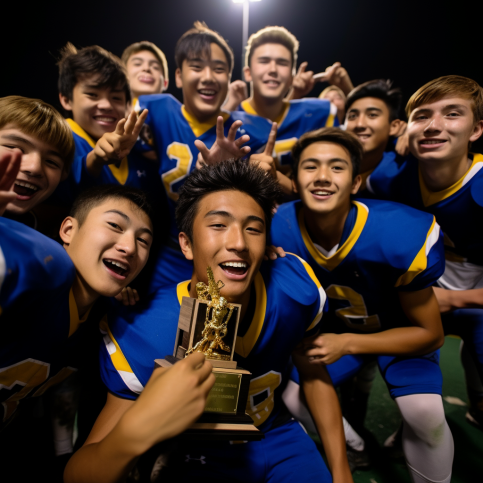Raygun is the internet’s newest villain — and memes about her have paved the way for a wave of gleeful misinformation
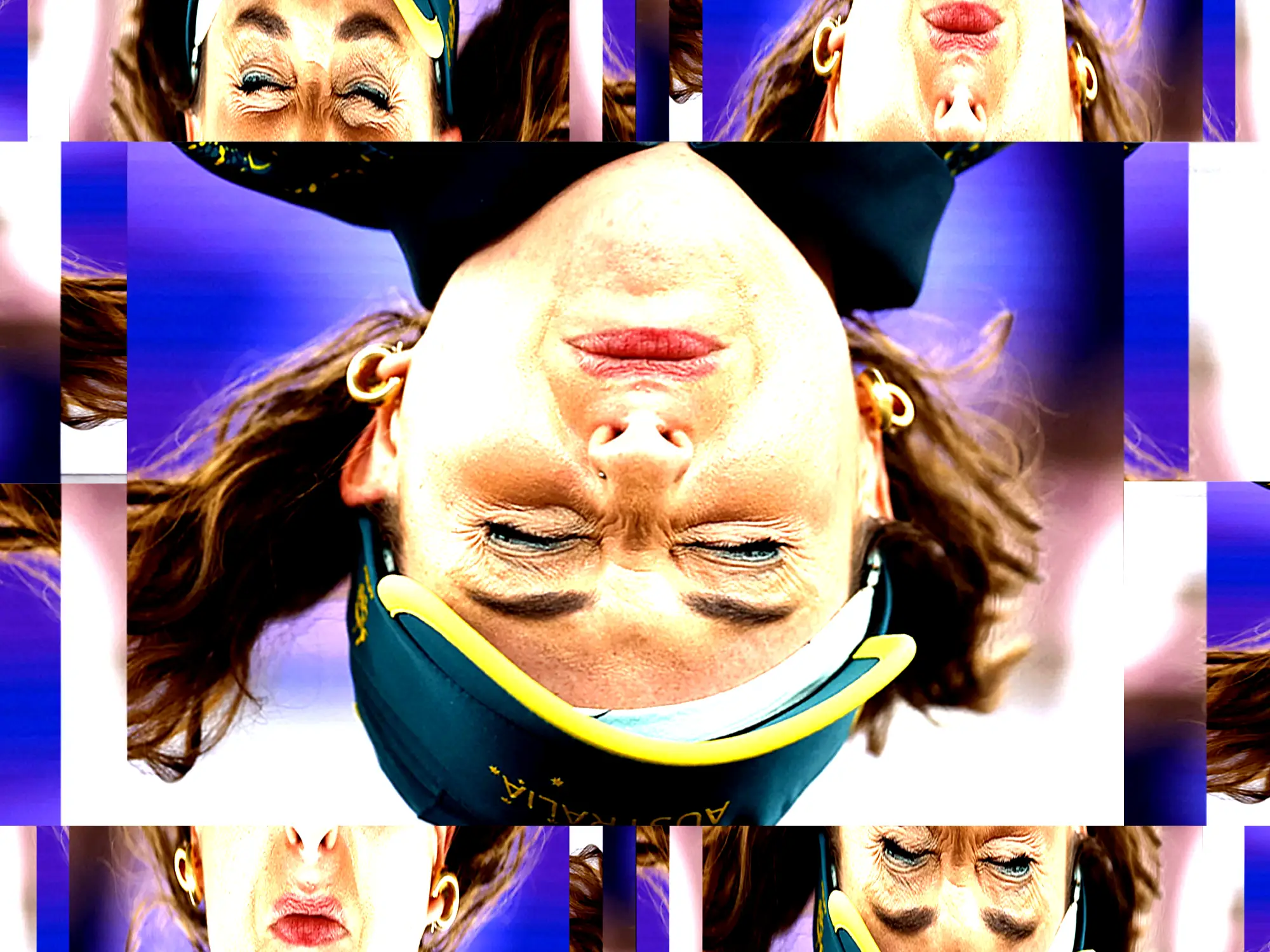
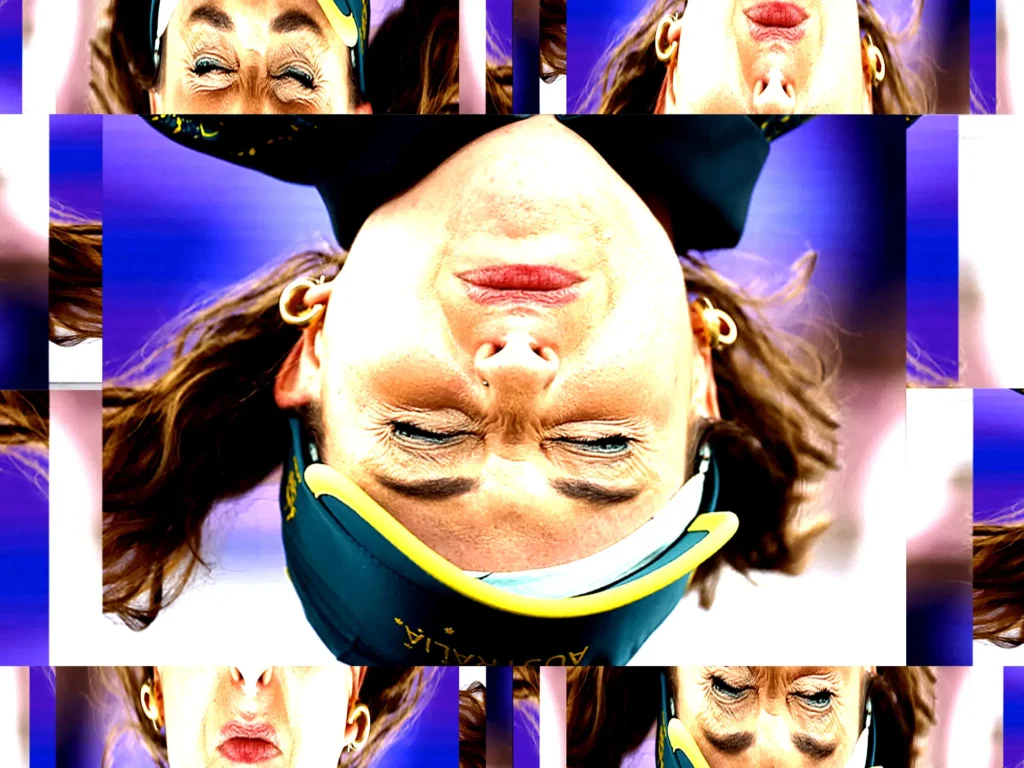
Rachael Gun — “Raygun” — competing at the 2023 WDSF Oceania Breaking Championships.
You might have heard about Raygun.
On the other side of the 2024 Paris Olympics, Australian B-Girl Rachael Gunn, has become one of its highest-profile competitors. But it’s not because of a record or a gold medal — it’s because, for the past week, Raygun has become one of the internet’s latest villains.
Gunn is a 36-year-old lecturer at Macquarie University in Sydney. She has a PhD in cultural studies, and her research interests include the cultural politics of her own sport. She was first introduced to breaking in 2008 and has been a top-ranked breaker in Australia since regional organization AUSBreaking began releasing its ranked lists in 2020.
She’s now also a worldwide meme. Gunn’s performance at the Olympics, while clad in green and gold Team Australia sweats and a polo, quickly went viral as people compared her kangaroo-hopping moves to a child dancing. The fervor that followed paralleled the rise of other oft-memed figures like Lin-Manuel Miranda or Ed Sheeran, except this was violently accelerated by the hypervisibility of the Olympics.
But the meme fervor around Gunn has paved the way for not only harassment and bullying, but also misinformation. Raygun, the meme villain, demands reckoning, and reckon people have: False, easily debunked claims about her qualification process and history have proliferated online in the wake of her meme virality.
Raygun memes were rooted in both mockery and genuine criticism
The initial wave of memes about Gunn were, for the most part, mockery of her performance. Gunn lost all three of her round-robin battles at the Olympics against breakers from the United States, France, and Lithuania. Clips of her performance spread on social platforms like X (formerly Twitter), showing Gunn contorting her body on the venue’s floor.
Eventually, people learned about Gunn’s academic background as well.
“Finding out she’s a phd in cultural studies focusing on breakdancing culture has left me maximally unsurprised,” one Twitter user said, later clarifying that the comment wasn’t meant as an insult.
Gunn’s personal experience in breaking informs her own research, and she even published a paper in 2023 about the “sportification” of breaking via its inclusion at the Olympics. But as a white woman, there’s tension in the fact that she’s become the most prominent face of a sport that was pioneered by Black and brown people, even if it wasn’t necessarily of her own volition.
Baltimore Banner columnist Leslie Gray Streeter wrote that Gunn’s performance in the Olympics felt “not only shocking but derogatory.”
Mockery shifted to misinformation, as people questioned the legitimacy of Raygun’s qualification
On August 11, two days after Gunn competed in Paris, a Change.org petition was published titled “Hold Raygun Rachel Gunn & Anna Mears Accountable for Unethical Conduct Olympic Selection.” Published anonymously by “Someone Who Hates Corruption,” the petition accused Gunn of “setting up her own governing body,” manipulating her qualifying process, and denying funding to underprivileged dancers to compete at the qualifier. It also suggested that her husband and coach, Samuel Free, may have judged her qualifier.
None of that is true. Gunn’s qualifying event, the 2023 WDSF Oceania Breaking Championship, was facilitated by AUSBreaking. Gunn did not found that organization, nor has she ever been involved in its leadership.Her husband, Free, was not one of the listed judges for the event. And the Australian Olympic Committee (AOC) said in a statement Thursday that Gunn has “no responsibility for any funding decisions in her sport.”
Others have spread screenshots of satirical social media posts as if they’re fact, like one from the parody Facebook meme page The Sports Memery that depicts Raygun saying that she trained for “exactly 37 minutes” before competing.
The Change.org petition, which has since been taken down, served as a vehicle for its claims to spread on social media, leading the AOC to demand its removal in the statement linked above. On Thursday, a Change.org spokesperson told B-17 in an email statement that after being flagged for misinformation, the petition had been reviewed against the platform’s community guidelines and eventually removed.
Before that point, it had reached over 56,000 signatures, per an archived snapshot.
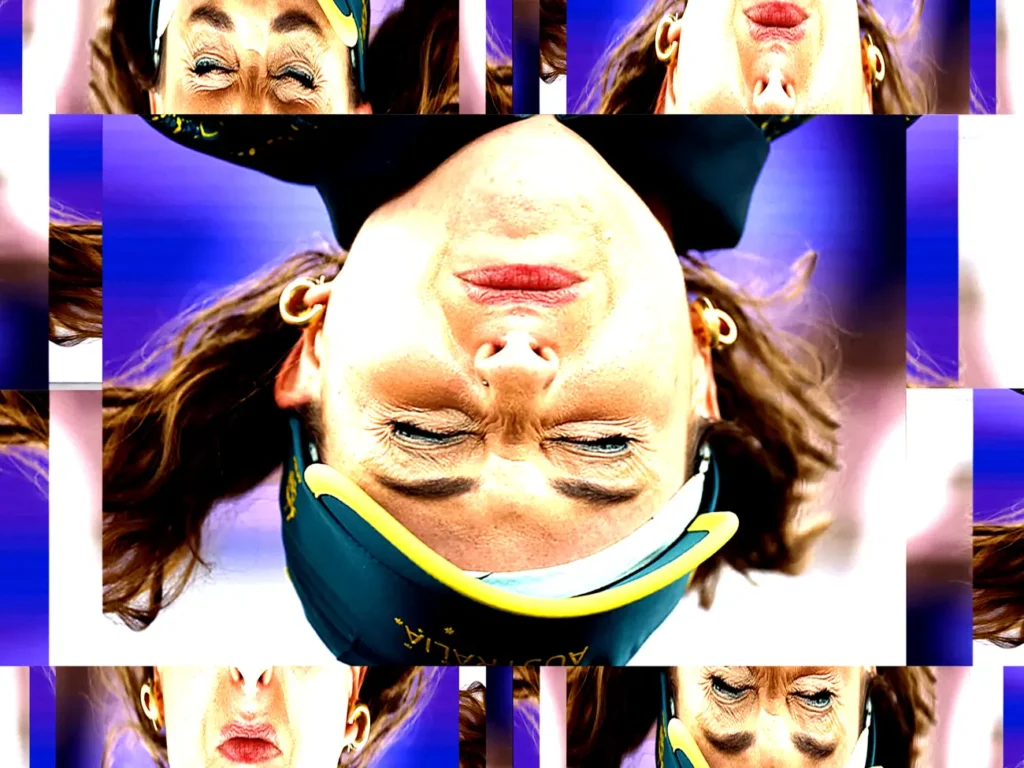
Rachael Gun — “Raygun” — competing at the 2023 WDSF Oceania Breaking Championships.
Gunn did win her qualifier fair and square, and she’s been an established breaker in the Australian community for years. But the memery around Gunn and her near-instant villain status fit the narrative: Only a woman who had conned her way into the Olympics could have performed at the level the memes made it seem.
Memes, as NBC reported in 2019, can dehumanize their subjects. Even when juxtaposed against reasonable, good-faith criticism, the fact that the jokes came first can lend levity to what are very serious allegations about not only Gunn, but the sporting allegations that supported her competition in the Olympics.
Ultimately, Gunn has become the definitive story of breaking’s debut at the Olympics, the fervor around her augmented by the conspicuous nature of the event itself. The sport won’t appear again at the 2028 Los Angeles Olympics (a decision made prior to the Paris games), but that doesn’t mean it’s gone forever — perhaps it’ll get another shot at the Brisbane games in 2032, back on Raygun’s home turf.
And as for Gunn herself? In a video posted to Instagram Thursday, the athlete said she was taking a pre-planned holiday in Europe. Athletic organizations, including AUSBreaking and the Australian Olympic Committee, have backed debunking the virulent claims about her breakdancing career.
For now, it’s unclear what the future of that career will hold. But the internet moves on quickly — and hopefully, Raygun’s status as a conspiracy figure and internet villain will too.

 s (@MonkeyBlood)
s (@MonkeyBlood) 